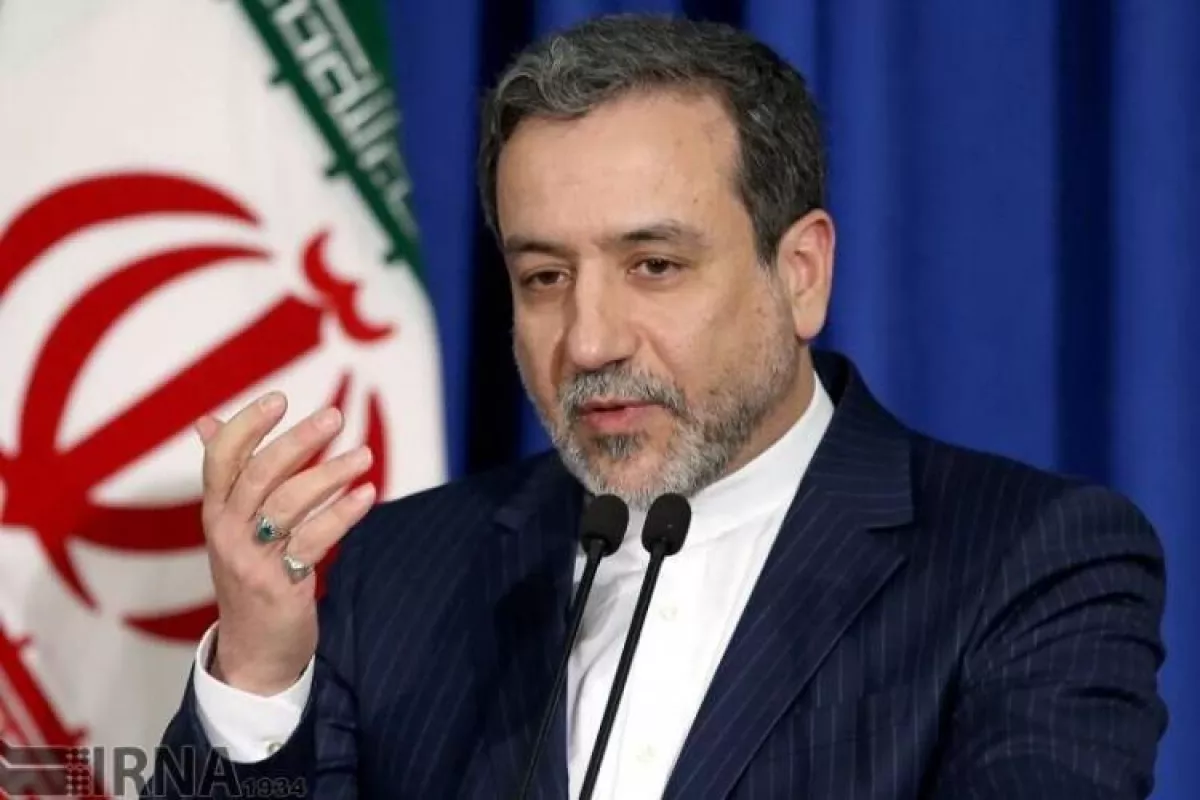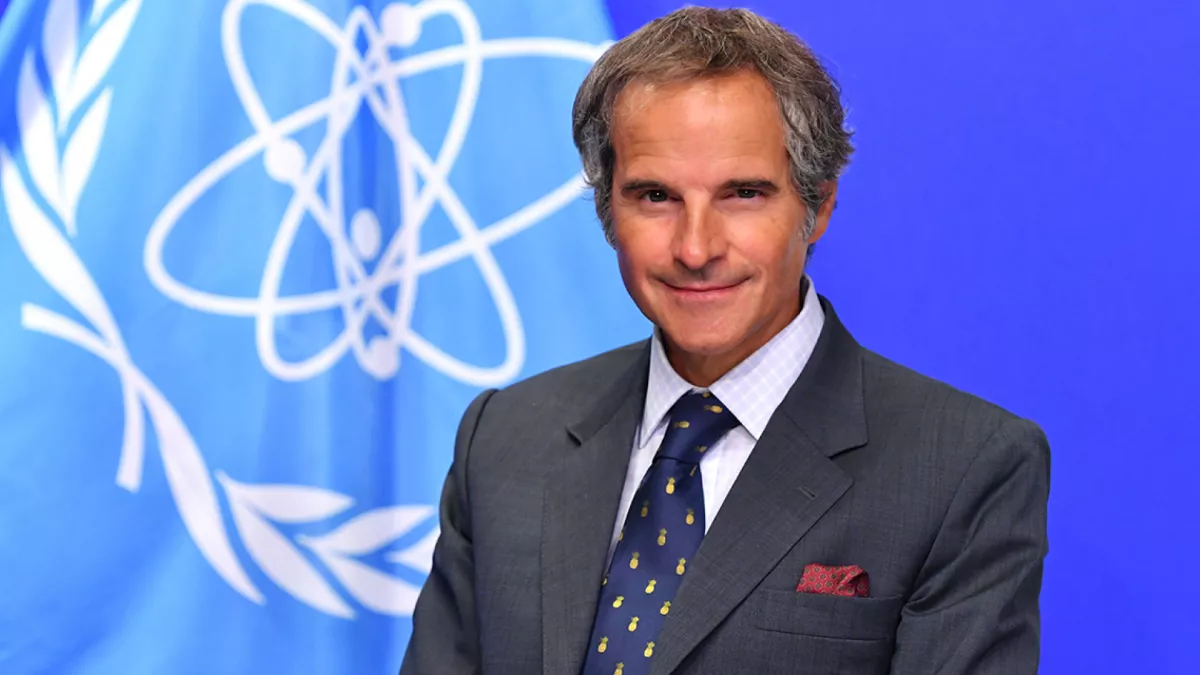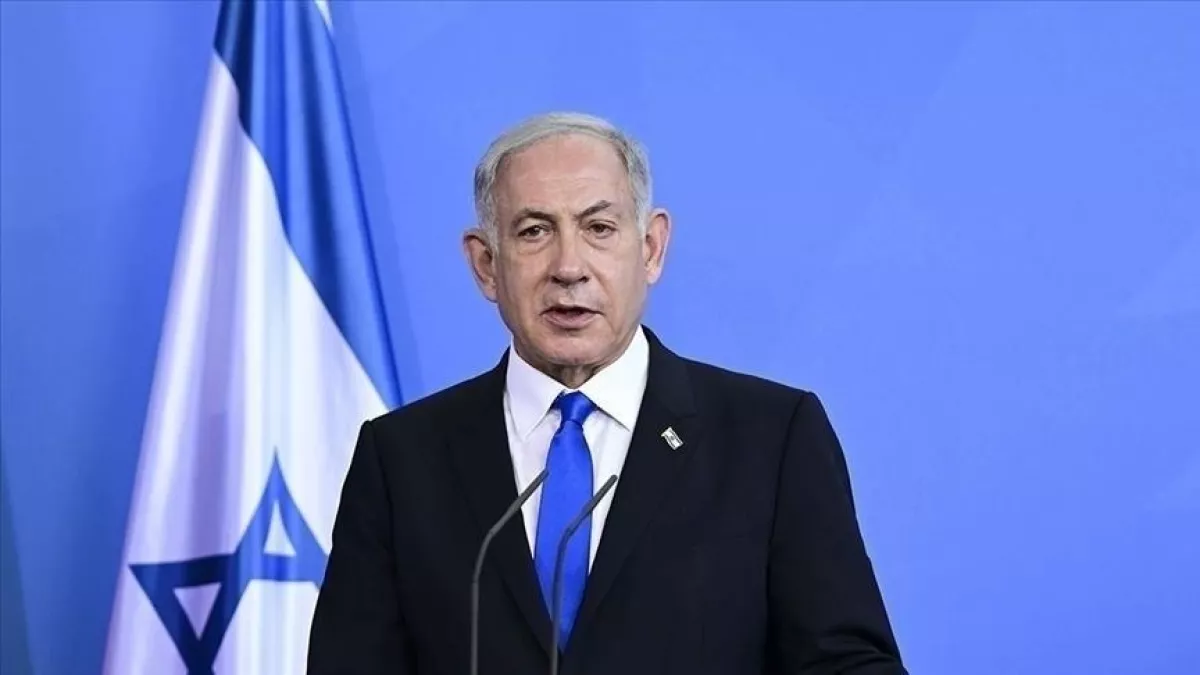Powder keg near Tehran — Missile shadow over Haifa Iran-Israel conflict
The war between Iran and Israel has entered a phase of prolonged confrontation. The sixth round of negotiations on Iran’s nuclear deal, scheduled for June 15, did not take place. Tel Aviv and Tehran continue to exchange threats against each other.
According to the latest data, in the ongoing conflict between Iran and Israel, the total number of casualties on both sides is approaching 250, with Iran suffering the heaviest losses. As a result of Israeli airstrikes on Iranian territory, at least 224 people have been killed and more than 1,200 injured. On the Israeli side, as of June 16, Iranian missile strikes and drone attacks have killed 24 people and wounded at least 494.

Recently, Iran’s Foreign Minister Abbas Araghchi, speaking before ambassadors, chargés d’affaires, and heads of foreign missions in Tehran, stated Iran’s readiness to conclude an agreement guaranteeing that the country does not possess nuclear weapons.
“We are ready for any agreement aimed at preventing Iran from acquiring nuclear weapons, because this is our fundamental principle — nuclear weapons are forbidden and unacceptable,” the minister said. At the same time, he emphasised that Iran is not prepared to support any agreement that limits its legitimate rights to develop a peaceful nuclear program.
Thus, Araghchi once again confirmed the unchanging position of official Tehran — the uranium enrichment process for peaceful purposes will continue within the framework of international law and will be formalised in an appropriate legal document. The minister also stated that Tehran will stop attacks on Israel if Israel ceases its attacks on Iran.
Iran has repeatedly emphasised that it does not seek to develop nuclear weapons. Last week, this was reiterated by the President of the Islamic Republic of Iran, Masoud Pezeshkian, in a phone call with French President Emmanuel Macron: “Iran, relying on the fatwa of the Supreme Leader, has never sought to possess nuclear weapons,” he stated, underscoring Iran’s readiness to negotiate on the nuclear programme.
Nevertheless, military actions between Iran and Israel are unlikely to cease in the near future. Consequently, negotiations between the United States and Iran on the nuclear deal are postponed indefinitely. An additional factor complicating the situation around Iran’s nuclear programme is the position of the International Atomic Energy Agency (IAEA).

As a party to the Treaty on the Non-Proliferation of Nuclear Weapons (NPT), Iran is obliged to keep its nuclear programme under the supervision of the agency. However, in April 2025, IAEA Director General Rafael Grossi, in an interview with the French newspaper Le Monde, did not rule out that Iran could develop nuclear weapons in the near future: “Although Iran possesses enough material to produce not just one but several bombs, it does not yet have nuclear weapons. It's like a puzzle, they have the pieces and they could eventually put them together one day. There is still a way to go before achieving that. But they are not far off, it must be acknowledged. In the past four years, there has been a very sustained acceleration on Iran's part in this area,” he said.
Such statements heighten the concerns of the international community and contradict Tehran’s claims about the peaceful nature of its nuclear programme. They also strengthen Israel’s position, which views its strikes on Iran as preventive measures to contain the nuclear threat.
Some international experts believe that Iran is following the path of North Korea in its pursuit of nuclear weapons.
According to the Treaty on the Non-Proliferation of Nuclear Weapons, only countries that acquired nuclear weapons before 1967 are permitted to possess them: the United States, Russia, France, the United Kingdom, and China.
Several countries — India, Pakistan, and Israel — have not signed the treaty but later independently developed nuclear weapons. North Korea, by contrast, initially signed the treaty but later withdrew from it to pursue its nuclear programme. In 2006, Pyongyang conducted its first successful nuclear test.
How close Iran is to developing a fully functional nuclear weapon remains a question without a definitive answer. However, according to a May report by the IAEA, Iran’s stockpile of uranium enriched to 60% increased from 274.8 kg in February to 408.6 kg as of May 17. IAEA Director General Rafael Mariano Grossi, whose remarks are cited in the report, stated: “Iran is the only non-nuclear weapon State enriching to this level, causing me serious concern.”
On June 15, Israeli Prime Minister Benjamin Netanyahu told Fox News in an interview that Tehran intends to transfer nuclear weapons to its allies, including the Yemeni Houthis from the Ansar Allah movement: “We can't have Iran have nuclear weapons. And, by the way, our intel shows that they intend to give these nuclear weapons to their proxies and others, and that's nuclear terrorism on a global scale. It threatens everyone,” he said.

In response, Tehran continues to assert that Israel and the United States are acting together against Iran. The President of the Islamic Republic of Iran, Masoud Pezeshkian, speaking in parliament, emphasised: “America, in violation of international law, allows Israel to attack our country.”
Meanwhile, a statement from the Islamic Revolutionary Guard Corps (IRGC) declares that operations against Israel will continue “until its complete destruction.”
Over the past 24 hours, Iran has expanded the geographical scope of its strikes against Israel. In addition to Tel Aviv and Jerusalem, ballistic missile attacks targeted Haifa. As a result of the nighttime and early morning Iranian attacks, a power plant in Haifa was damaged. Iran also struck an Israeli oil refinery in Haifa, according to the Iranian state broadcasting company IRIB.
Thus, the exchange of harsh statements and the ongoing military confrontation indicate a high likelihood of a large-scale escalation. In the event of direct U.S. intervention, the conflict could extend far beyond the Middle East and affect the interests of other key international players. Against this backdrop, the question remains open: can Iran withstand the increasing pressure from the United States and Israel, both of which possess significant military, economic, and diplomatic capabilities, on its own?








